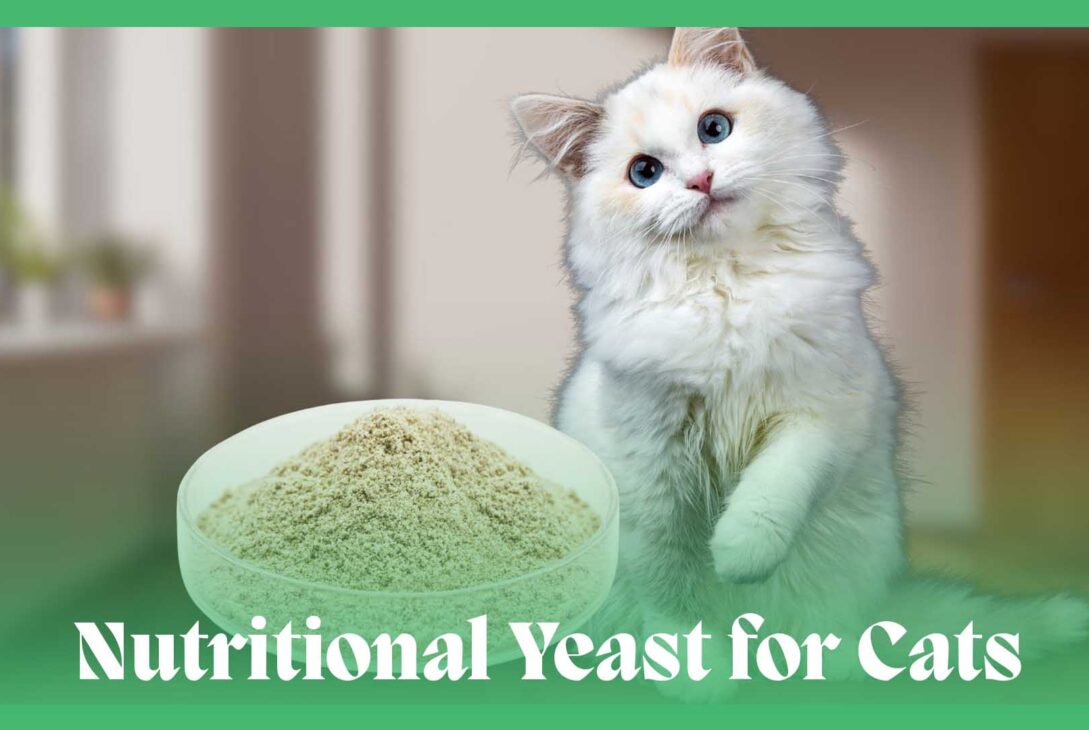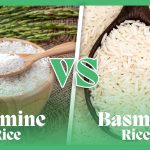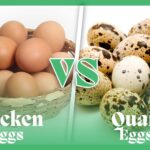Nutritional Yeast is a nutrient-rich ingredient that not only imparts a savory and cheesy flavor to the meal but also adds essential nutrients. A valuable addition to the vegetarian and vegan diet, nutritional yeast is now making waves in the diet of Cats.
Yes, nutritional yeast is creating quite a buzz around its addition to your furry fellow’s healthy diet. But is it safe for your cat to consume it? If it is, how often can you feed it to your cat?
Let us go into the details and provide you with its benefits and how to add it to your pet’s diet.

What is nutritional yeast?
Before we move on to our main topic, let’s educate ourselves on what nutritional yeast is.
Nutritional yeast, also known as “nooch” is a yellow flaky, or powdery ingredient made from the yeast strain of Saccharomyces cerevisiae. It is the principal factor of adding umami flavor to the dishes, known as a pleasant and savory taste.
Nutritional yeast imparts cheesy flavor to the recipes and takes on the role of parmesan by sprinkling on pasta, popcorn, and risotto and incorporating it into sauces for a savory taste. However, it is not considered ideal for baking as it is a deactivated strain and, therefore, cannot cause leavening.
Nutrient composition of nutritional yeast:
According to USDA, 15 grams or three tablespoons of dried nutritional yeast renders 60 calories and 5g of carbohydrates. With 8g of protein, it is a complete protein encompassing all the essential amino acids. Nutritional yeast is a good source of fiber, possessing 4g in 3 tablespoons.
Nooch loads up with beneficial micronutrients like Vitamin B12; the fortified ones fulfill 30-180% of the recommended dietary allowance (RDA). Other essential vitamins and minerals incorporated in nooch are Calcium, Magnesium, Phosphorus, Potassium, Sodium, Vitamin B3, Vitamin B6, Vitamin B9, and Folate.
Nutritional composition:
| Nutrients (15gm) | Amount |
|---|---|
| Calories | 60 |
| CHO | 5 g |
| Proteins | 8 g |
| Fiber | 4 g |
| Fats | Trace |
| Calcium | 20 mg |
| Magnesium | 20 mg |
| Phosphorus | 170 mg |
| Potassium | 320 mg |
| Sodium | 4.95 mg |
| Vitamin B3 | 15 mg |
| Vitamin B5 | 33 mg |
| Vitamin b6 | 9.6 mg |
| Folate | 40 mcg |
| Vitamin B12 | 25 mcg |
Can cats eat nutritional yeast?
The simple answer to this question is absolutely!
Your cat or dog can consume nutritional yeast, depending on its preparation method. If given the right amount, it can provide tons of health benefits. Not all nutritional yeast is prepared equally, so make sure you get your hands on high-quality non-GMO and safely processed ones, as the poor quality nooch may be detrimental to your cat’s health.
Nutritional yeast is a rich source of protein, vitamin B-complex, and fiber and is particularly beneficial if your cat is a picky eater.

How to safely feed nutritional yeast to your cat?
Cats love new flavors, so sprinkling some nooch on their food to make it appealing is a great initiative. But discuss with the veterinarian first and ask for the recommended brand and amount depending on your pet’s age, weight, size, and health conditions.
Get high-quality nutritional yeast from health stores and supermarkets. Usually, start with a small amount i.e. a quarter of a tablespoon, and observe their behavior, eating and drinking, mood, and defecation. If your cat seems fine, continue incorporating it into their diet.

Health benefits:
Nutritional yeast is loaded with nutrients so it may be a beneficial ingredient for your cats.
Its complete protein containing all nine essential amino acids acts as an alternative to traditional protein sources and provides your cat with a boost of energy, whereas the B complex vitamins are beneficial for healthy skin and shiny coat. Nutritional yeast has also been shown to improve your pet’s immune system, while the high fiber content may improve food digestibility and gut microbiota.
The beta-glucan in nutritional yeast helps reduce blood cholesterol levels and has antifungal and anti-bacterial properties. In addition, nutritional yeast supplementation also controls fleas in your cats and dogs.
Nooch is gluten-free and dairy-free, so they may be beneficial for cats as they are prone to developing gluten allergy, while most are lactose intolerant.
Side effects:
Cats may rarely show any adverse effects to consuming nutritional yeast, however, you should still be aware of the possible side effects it may cause for you to be ready at all times.
Consuming nutritional yeast may cause skin rashes in some cats and increase uric acid in urine leading to kidney diseases. Watch out for allergic reaction symptoms such as skin rashes, itchiness, hair loss, vomiting, or abnormal feces.
Immediately stop giving nutritional yeast to your cat if you observe any side effects, and consult the veterinarian.
Is Nutritional yeast high in Phosphorus?
Aside from all the other beneficial nutrients found in nutritional yeast, one mineral that may not be suitable for cats in high amounts is phosphorus. Aside from its benefits in bone and teeth health, phosphorus is an acid-forming mineral and excess amount of it in the body may cause imbalance in the pH due to which the body uses calcium reserves for the equilibrium, hence depleting calcium levels in the body.
Generally, ½ or ¼ teaspoon of nutritional yeast provides about 20-40 mg of phosphorus safe for a cat’s diet; however, the problem lies in your cat’s high phosphorus-containing usual diet. Studies demonstrate that high phosphorus is not suitable for kidney health and may contribute to chronic kidney disease in cats. So if you feed nutritional yeast to your cats, keep their phosphorus intake in check.
Nutritional yeast vs. active yeast in cats:
Active yeast and nutritional yeast are different ingredients with different uses in meals. Active yeast is a leavening agent used in baking breads and other baked foods, while nutritional yeast is the deactivated yeast strain usually used as toppings or as an ingredient in vegetarians’ diets.
Consuming active yeast may cause bloating or alcohol poisoning in your cat which may require immediate medical action. Raw active yeast will rise and expand in the stomach of the cat which may lead to bloating and distended stomach and surgery. With fermentation, the yeast may produce ethanol that causes alcohol poisoning.
Aside from fermentation, active yeast is dangerous as it produces carbon dioxide and ethanol alcohol, which may lead to seizures and even respiratory failure.
To sum it all up, a small amount of nutritional yeast in your pet cat’s diet is a welcome ingredient, promising not just a savory and nutty taste but tons of health benefits as well. However, consult the veterinarian before doing so and keep your furry friend’s health under observation.










Very informative!